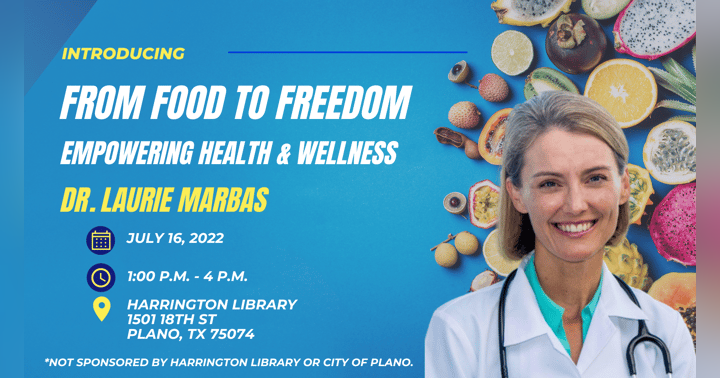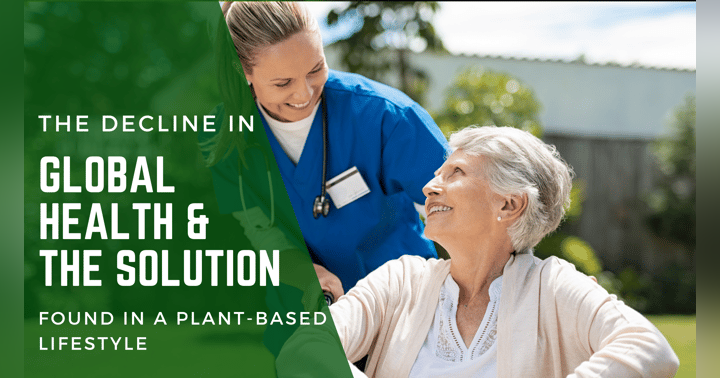In recent years, fasting has gained popularity as a health trend, with many people turning to it to improve their overall well-being. But fasting isn't just a fad – it has been practiced for thousands of years across cultures and religions, and there is growing evidence to suggest that it may offer a wide range of health benefits.
In this interview, we speak with author and fasting expert Steve Hendricks about the science behind fasting and its potential health benefits.
Steve Hendricks is the author of The Oldest Cure In The World: Adventures in the Art and Science of Fasting. He has been practicing and researching fasting for over a decade.
In the interview, Hendricks shares his experience with neurological and psychiatric illnesses and how it led him to explore fasting to improve his health. He explains that fasting helped improve his symptoms and that he explores the science behind it in his book. Hendricks also talks about his switch to a 100% vegan, minimally processed diet after his fast, which has improved his quality of life.
So, what is fasting, and how does it work? Fasting is the practice of abstaining from food for some time, and there are many different types of fasting. Water fasting, intermittent fasting, and juicing are just a few examples. During a fast, the body switches from running on glucose to burning fat, which can be challenging. However, Hendricks explains that the benefits of fasting may be significant.
He also covers the importance of medical supervision during fasting, especially prolonged fasting. Monitoring organ function and nutrient levels is crucial, as fasting can strain the body significantly. Low potassium levels, for example, can suggest that the kidneys are struggling to keep up with breaking down stored nutrients.
Finally, Steve discusses the best way to start fasting. Hendricks recommends starting small and gradually shrinking the eating window until reaching a point where it is comfortable. Based on Steve's research, eating earlier in the day is essential while only having a window of 6-8 hours to eat all your meals, as our circadian rhythms are hardwired to process nutrients better in the morning and early afternoon than in the late afternoon and evening.
In conclusion, fasting may offer significant health benefits. By gradually incorporating fasting into one's routine, it may be possible to reap the rewards of this ancient practice while minimizing the risks. For more information on fasting and its potential benefits, check out Steve Hendricks' book, The Oldest Cure.











